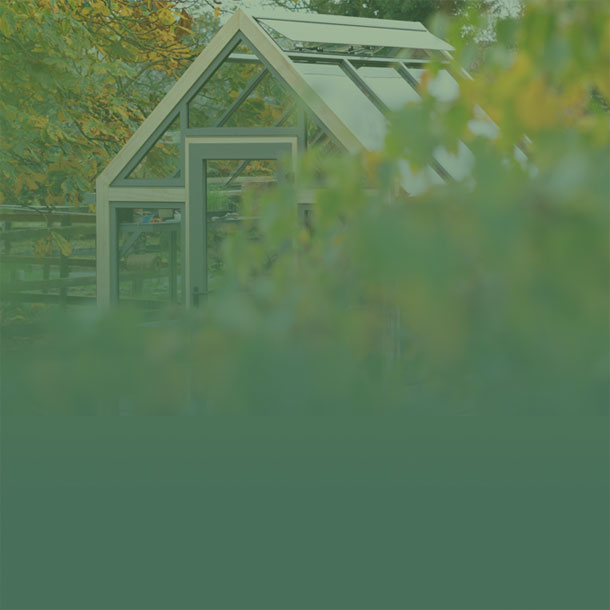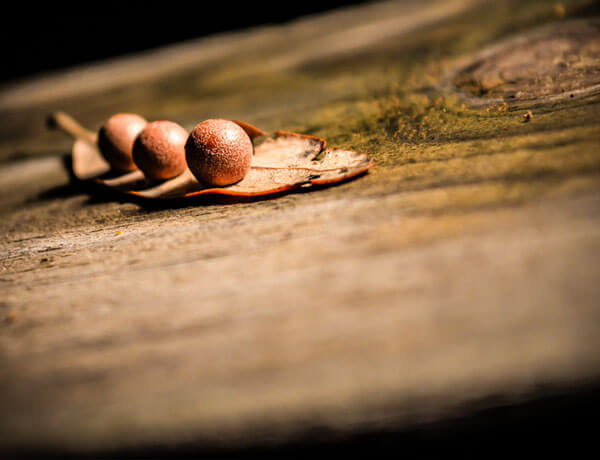-

My Hugelkultur Experiment
23rd January 2016 • In The Garden • Stephanie Donaldson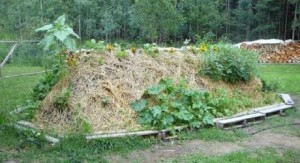 Hugelkultur is a permaculture technique that is usually used to create a raised bed on a flat piece of land by covering the area with logs, topping them with branches and then adding progressively finer materials before topping the whole thing off with about 25cm of good quality soil and compost. It creates a mound that gradually subsides as the lower layers decompose, releasing nutrients and creating a rich organic soil that is moisture retentive and packed with beneficial microorganisms. Find out more about the technique at www.permaculture.org.uk.
Hugelkultur is a permaculture technique that is usually used to create a raised bed on a flat piece of land by covering the area with logs, topping them with branches and then adding progressively finer materials before topping the whole thing off with about 25cm of good quality soil and compost. It creates a mound that gradually subsides as the lower layers decompose, releasing nutrients and creating a rich organic soil that is moisture retentive and packed with beneficial microorganisms. Find out more about the technique at www.permaculture.org.uk.One of the results of the hard landscaping to create my new vegetable garden with its deep terraced beds, is that more soil was needed to bring them up to the right level. Instead of importing loads of topsoil, I have employed a sort of reverse hugelkultur technique. With each bed, we dug down about a meter deep on one half, piling the soil on the other half – and then started building our layers, firstly the logs, then twigs and then a thick layer of mixed shreddings, before covering it with the returned soil – and then we repeated the process with the other half of the bed.
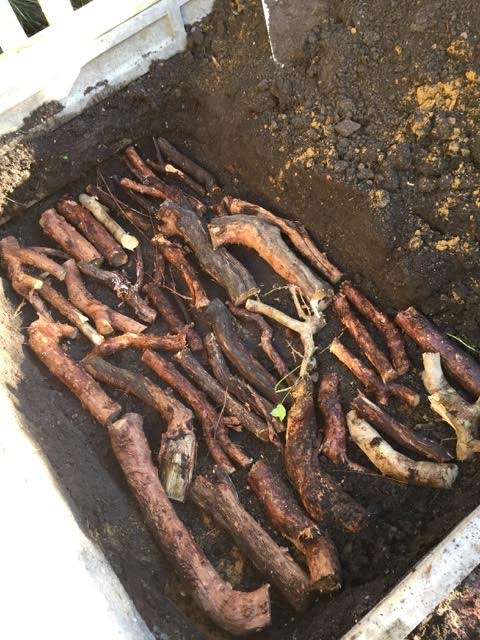
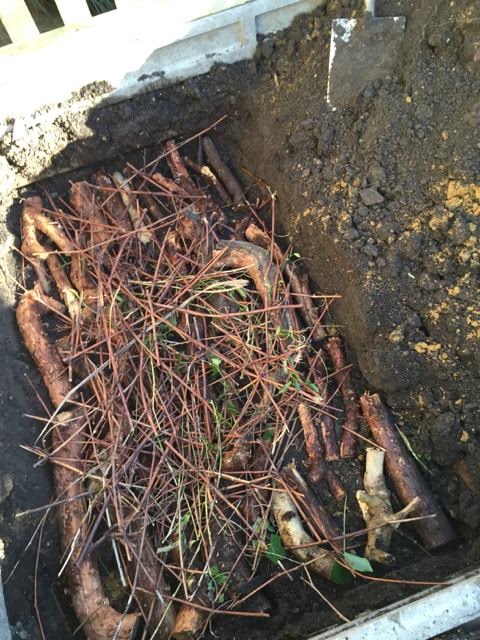
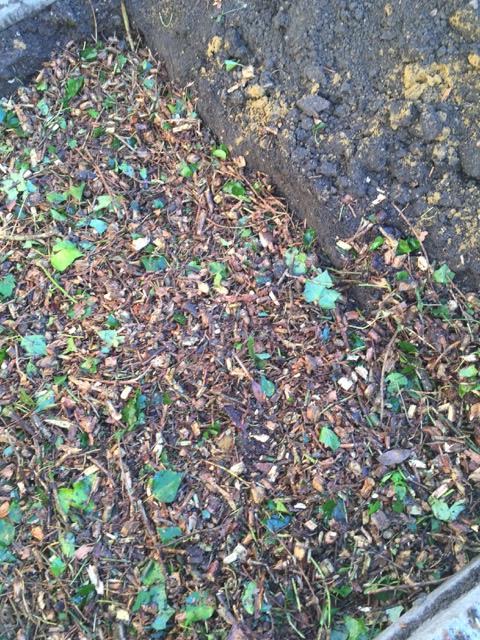 The result was satisfactorily filled beds. Finally, we added a layer of sieved compost to create a rather wonderful seedbed (as well as introducing lots of microorganisms to the disturbed soil) and then tucked it all up with a layer of fleece.
The result was satisfactorily filled beds. Finally, we added a layer of sieved compost to create a rather wonderful seedbed (as well as introducing lots of microorganisms to the disturbed soil) and then tucked it all up with a layer of fleece.
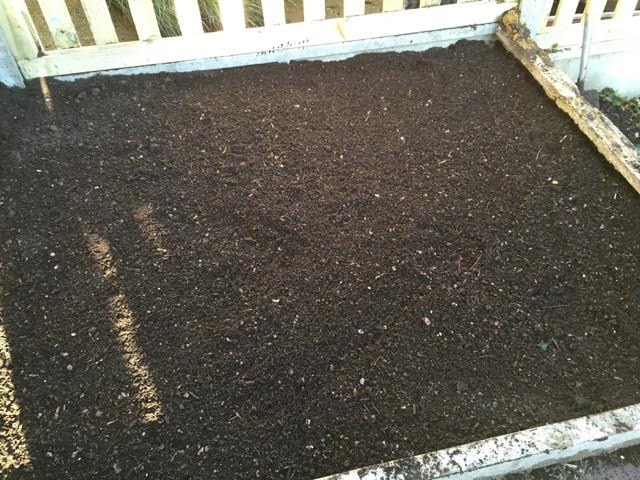
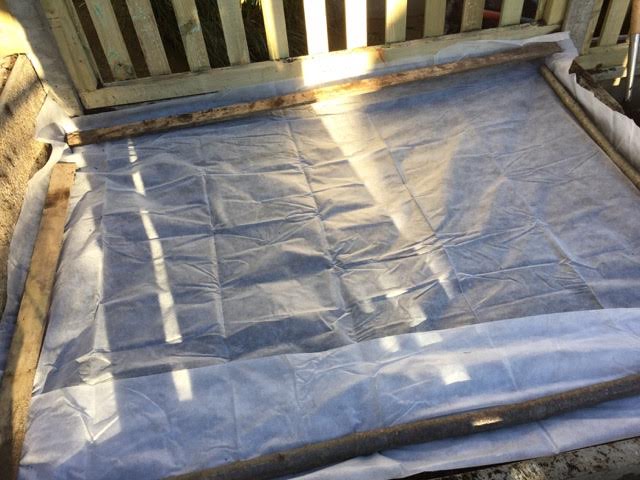
What a great start to the gardening year.

